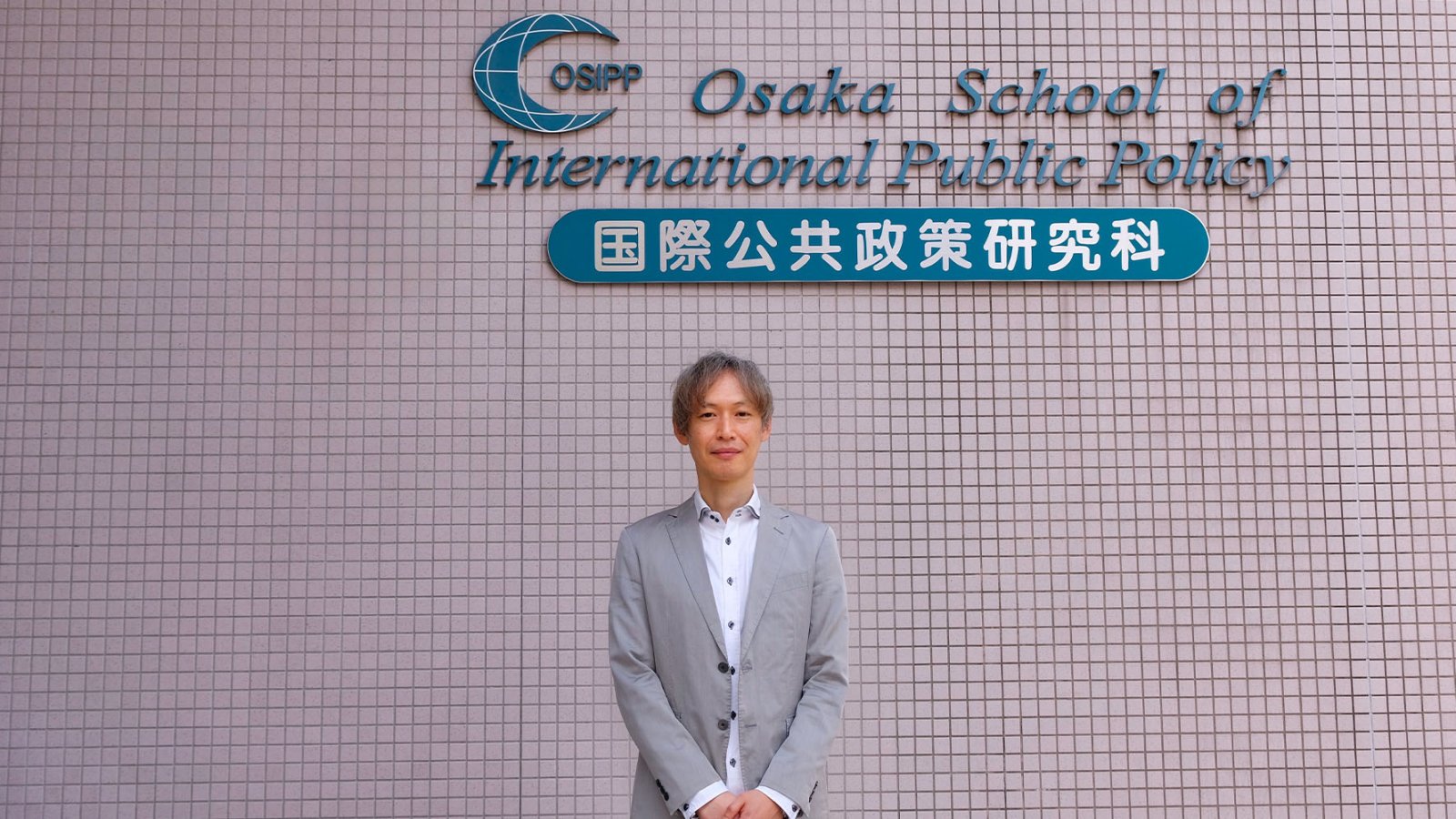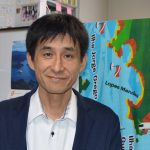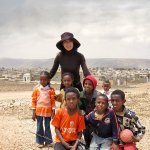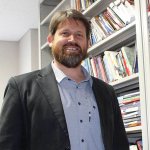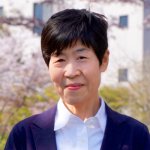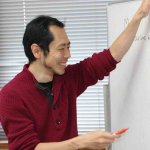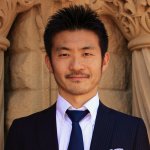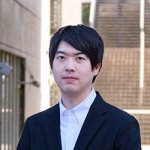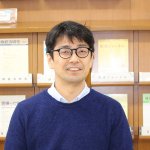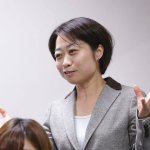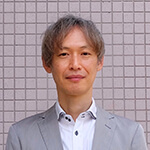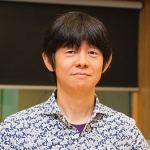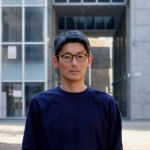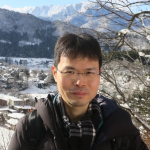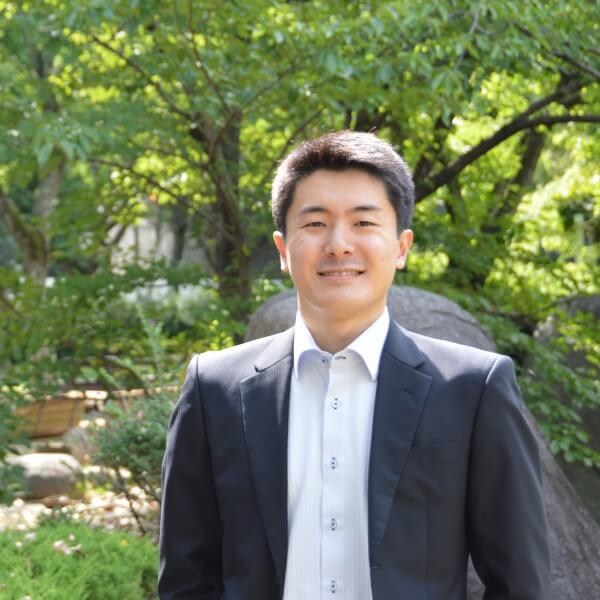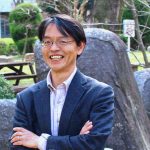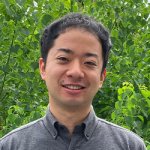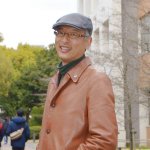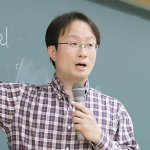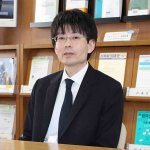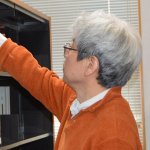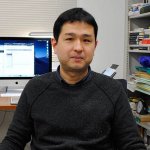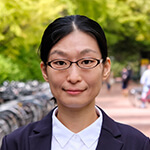Field of Research
International Relations Comparative Politics
Research Topic
Disarmament and Non-Proliferation, Regime Change
Overview of Research
Why can we not eliminate nuclear weapons? Why do countries acquire nuclear weapons? Why were atomic bombs dropped on Hiroshima and Nagasaki? Why have nuclear weapons not been used in armed conflicts since the end of Second World War? How can nuclear deterrence function? Existing studies have raised these and other questions. Various studies have been conducted on nuclear weapons, and in-depth research has examined each question. Of these topics, I focus primarily on disarmament and non-proliferation of nuclear weapons.
For my doctoral program, I studied nuclear proliferation from the perspective of international institutions and norms. My doctoral thesis theorized that departures from the norm of nuclear non-proliferation to non-proliferation regime. It argues that the violation of the nuclear non-proliferation norm, that is the emergence of new nuclear weapons states, changes political leaders’ perceptions in various countries, and then brings about a transformation of the nuclear non-proliferation norm.
After completing my doctoral program, I conducted joint research on regime change with my advisor and colleagues in the laboratory. I learned that it is possible to apply quantitative methods to the study of the problem of nuclear weapons, especially the proliferation of nuclear weapons. In fact, many foreign journals, such as the Journal of Conflict Resolution and the Journal of Peace Research, have published studies that quantitatively verify the causes of nuclear non-proliferation. Drawing inspiration from these existing studies and based on the results of our joint research, my current research focuses on political leaders’ backgrounds, such as their experiences studying abroad, which have been overlooked in studies on nuclear disarmament and non-proliferation to date. Previous research on disarmament and non-proliferation of nuclear weapons has centered on discussions at the international or domestic level. However, it is very interesting to consider factors at the individual level, such as the personal histories of the political leaders, and I expect to make new discoveries.
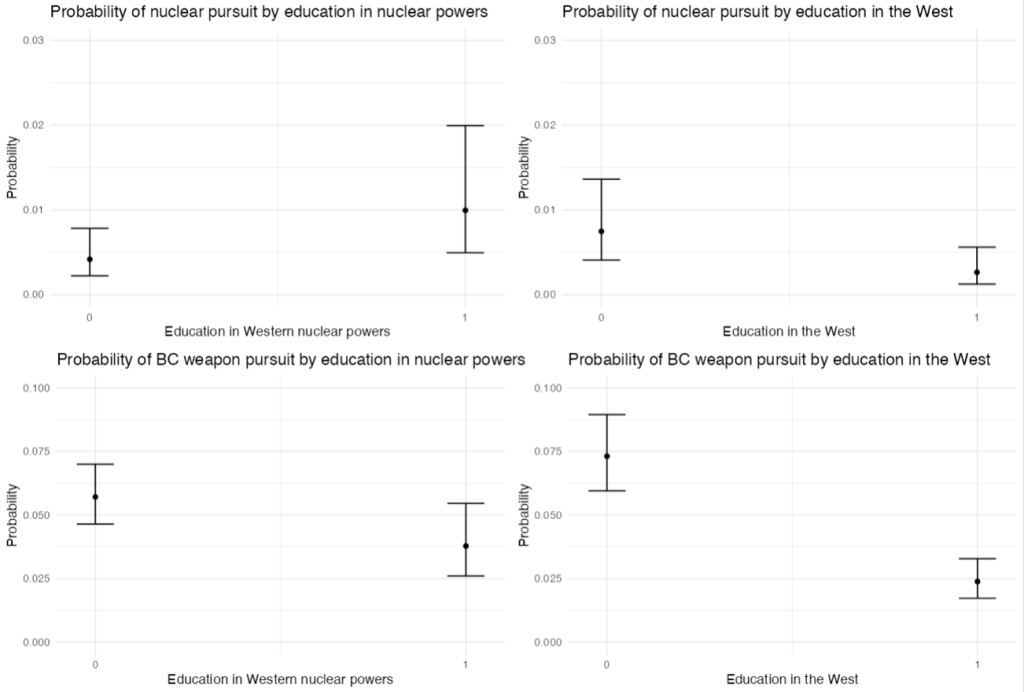
Matsuura, Y., Kubota, M., Hidaka, K., & Yukawa, T. (2024). Who Pursues the Bomb? Leaders’ Education Abroad and the Development of Weapons of Mass Destruction (No. 24E005). Osaka School of International Public Policy, Osaka University.
KUBOTA, Masanori
Assistant Professor
Degree:Ph.D. in (International Public Policy), Osaka University
kubota.masanori.osipp@osaka-u.ac.jp


